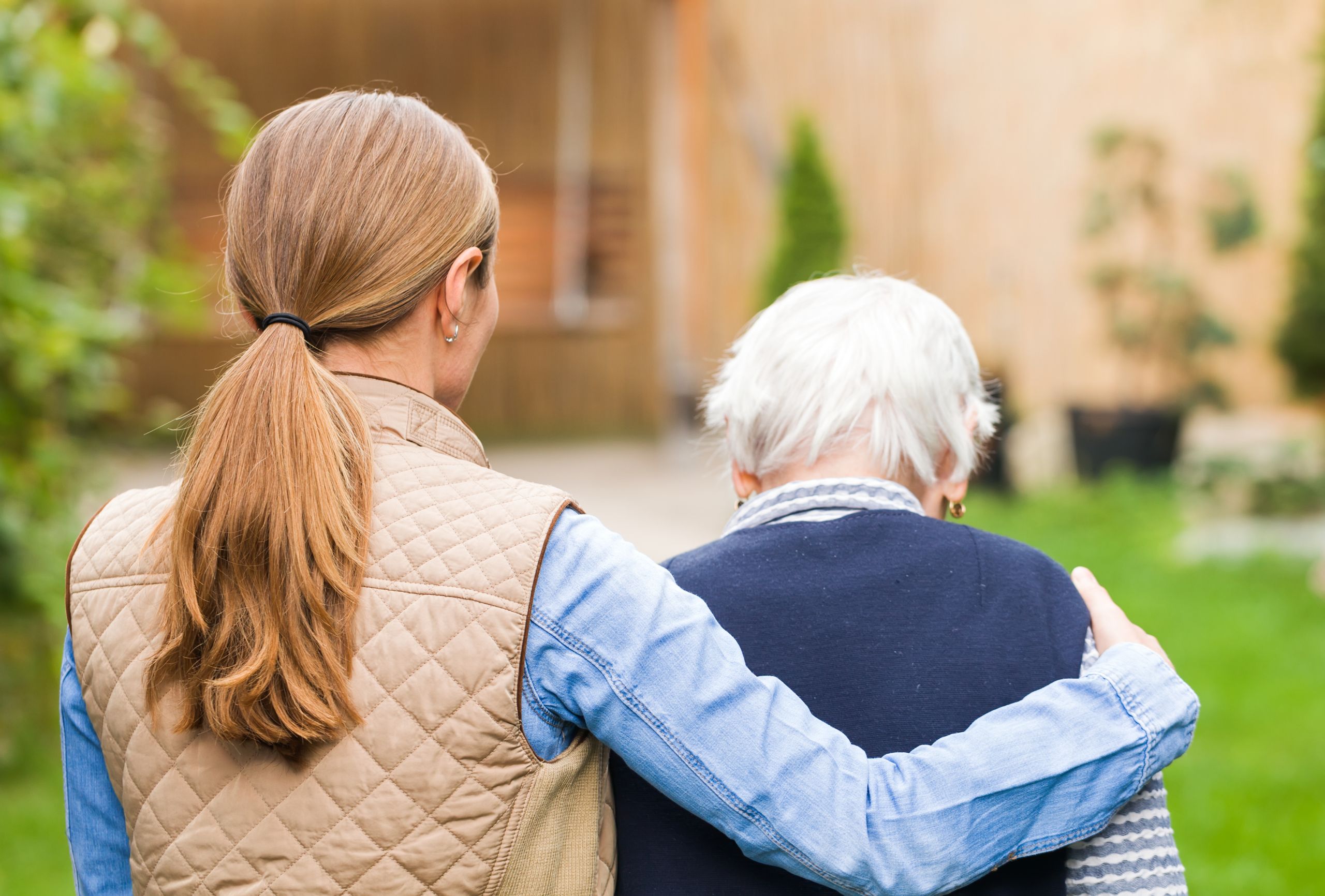Handling and Treating Caregiver Stress and Burnout
Americans are living longer. More than 1 in every 7 of us who live in the United States is age 65 and older. That number is expected to grow to 21.6% of the population by 2040. And the 85-and-older demographic will more than double from 6.6 million in 2019 to 14.4 in 2040, a whopping 118% increase.
With longer life expectancies, the percentage of people who care for an elderly loved one has skyrocketed and is expected to continue to rise. Today, about 1 in 3 American adults provide care to other adults as informal caregivers.
According to Caregiving in the U.S. 2020, more than half of caregivers feel they had no choice in taking on a caregiving role, causing stress and strain. If your loved one can no longer perform the necessary activities of daily living and you are picking up the slack, you may have slipped into a caretaker role.
What Is Caregiver Stress?
Sharing joyful moments and spending time with loved ones can be vastly rewarding. But if you are also helping a loved one perform ADL, you are a caregiver, even though you might not identify as one. Being a caregiver often means a shift in roles, and it can be emotionally and physically challenging, with multiple types of stressors arising. Caregiver stress can leave you feeling frustrated, exhausted, and alone.
What Is the Difference Between “Basic” and “Instrumental” Activities of Daily Living (ADL)?
Independent living is a prized element of life in American society, and most people prefer to age at home. But to live safely and comfortably, a person must be able to perform the Basic Activities of Daily Living, or the Katz Index:
- Mobility
- Personal Hygiene
- Dressing
- Continence
- Toilet Hygiene
- Self-feeding
Instrumental Activities of Daily Living require even more organization and complex thinking skills. Often a person can age at home when a caregiver helps perform certain tasks as measured by the Lawton Scale:
- Shopping, Groceries, and Cooking
- Driving or Public Transportation
- Managing Finances
- House Cleaning and Home Maintenance
- Laundry
- Food Preparation
- Communication
- Medications

Is Empathy Burnout a Real Thing?
Yes it is; empathizing with others can exhaust the mind. When you empathize with another human being, you not only feel compassion for them, you feel what they feel, or actually put yourself in their place. Empathy burnout happens when you spend so much time relating to the problems and stress of others that you forget to care for yourself. Emotional and physical exhaustion can result in a shutdown of your own feelings and harm your health.
What Are the Signs and Symptoms of Caregiver Burnout?
Even the most resilient caregiver can suffer from burnout. Keep an eye out for these signs and symptoms:
- Headaches and body aches
- Feeling overwhelmed
- Sleeping too much or too little
- Becoming easily irritated or angered
- Gaining or losing weight
- Mood swings
- Feeling taken for granted and deserted
How Can Caregiver Stress Be Treated?
It is important that you take time for yourself. You don’t need to feel guilty about utilizing respite care; if you take care of yourself, you will have more stamina to help your loved one.
Some simple things you can do when you’re stressed from caregiving include:
- Make to-do lists that prioritize yourself.
- Ask for help – and accept it.
- Find caregiving resources in your community.
How Town Square Helps with Caregiver Burnout
Town Square Sarasota is an innovative adult day care center based on the safe and familiar setting of a mid-century American small town. A day at Town Square gives seniors the chance to interact with their peers, learn new hobbies or enjoy old ones, take in performances, and more, all with the guidance of trained dementia professionals.
We provide a trusted and much-needed respite for caregivers. Contact us to learn more about how we can be an effective care partner and help your loved one throughout the progression of their memory or cognitive disorder.


